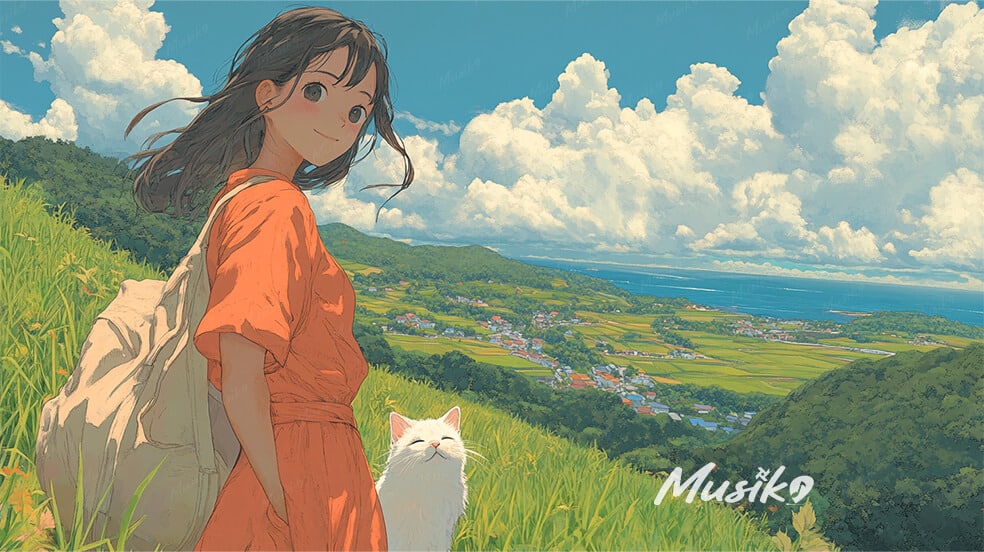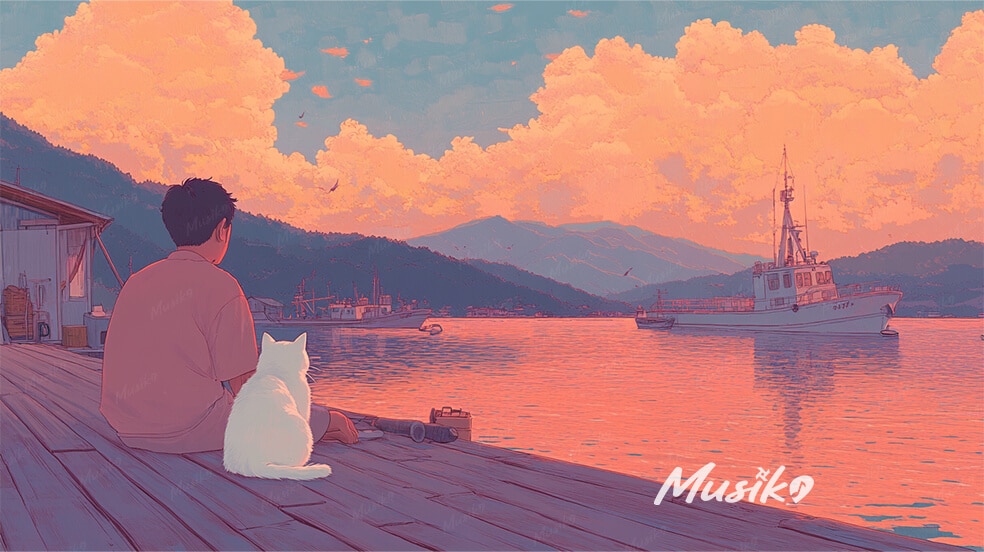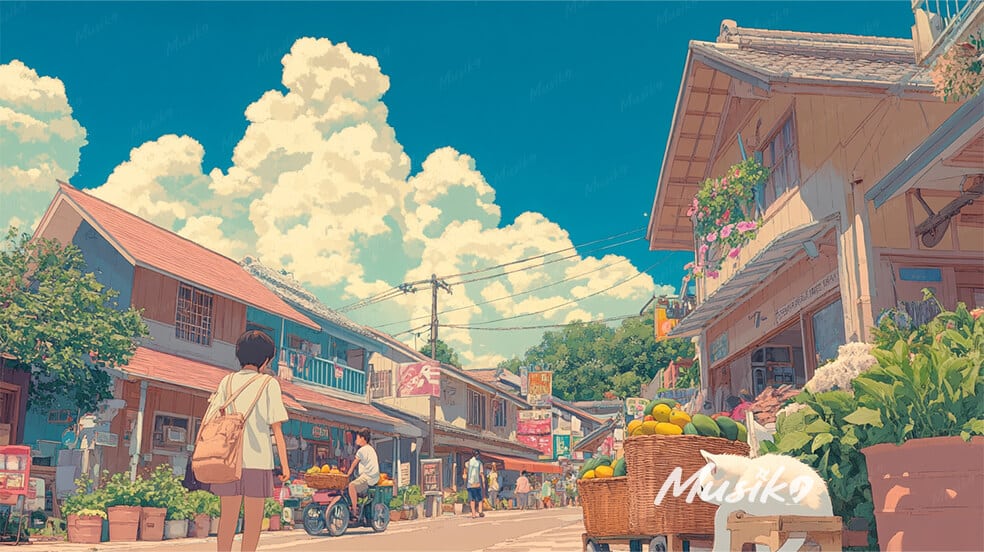🍃 Discover Sibunag, Guimaras
Sibunag, a serene municipality in Guimaras, Philippines, is a paradise for travelers seeking raw island beauty, rich culture, and laid-back vibes. Located in the southeastern part of Guimaras Island, this destination blends unspoiled beaches, charming islets, and vibrant traditions that will make your trip unforgettable.
🏝️ Top Tourist Spots and Natural Wonders
Sibunag is home to scenic coastal areas like Natunga Islet and Inampulugan Island, where crystal-clear waters meet powdery white sands — perfect for snorkeling, island hopping, and soul-refreshing sunsets. Eco-tourism is rising here, with mangrove trails and hidden coves that feel like scenes from a dream.
⛪ Cultural Heritage and Traditions
Life in Sibunag flows with simplicity and deep cultural roots. The locals are proud of their Visayan heritage, with community traditions anchored in bayanihan (communal unity), religious devotion, and seasonal fishing customs. The town celebrates its Sibunag Foundation Day every October with parades, local cuisine, and boat races.
🗣️ Language and Local Charm
The primary language is Hiligaynon, though many locals also speak Filipino and English. Conversations here are warm and sincere you’ll often be greeted with a smile and a “Kamusta ka?”
🍽️ Food You Must Try
Sibunag offers a taste of coastal Filipino cuisine, featuring freshly grilled seafood, kinilaw (Filipino ceviche), and pancit molo. Guimaras mangoes, known as the sweetest in the world, are abundant here too try mango shakes or dried mango snacks from the local markets.
🎉 Festival Fun and Community Spirit
Aside from Foundation Day, nearby municipalities’ Manggahan Festival spills into Sibunag with colorful street dancing, fruit floats, and rhythmic drum beats a joyful display of Guimaras’ identity.
🎶 Music and Island Vibes
Locals enjoy acoustic music, Visayan folk songs, and modern OPM (Original Pilipino Music). On weekends, expect casual seaside jam sessions — often accompanied by strumming guitars and clinking glasses of fresh coconut juice.
📌 What Sibunag is Known For
Sibunag is known for its pristine islands, sustainable tourism efforts, peaceful environment, and strong community values. It’s not just a vacation spot it’s an experience of what the Philippines feels like before the crowds came.





